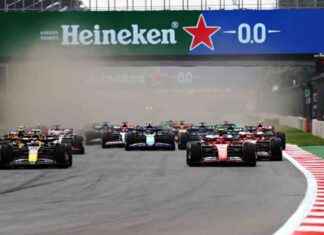MADRID, 23 Ene. (EUROPA PRESS) –
Maritime transport costs have risen 300% amid attacks on container ships by Houthi militants in the Red Sea, raising fears of a supply chain bottleneck and rising prices, according to reports ‘Crédito y Caución’, from Atradius.
In addition, the attacks force ships to avoid routes through the Red Sea, a channel through which around 30% of all container shipping passes and which is essential for cargo traveling from the Asia-Pacific region to Europe.
Thus, the alternative routes that ships must navigate are longer, involve greater use of fuel and, as a consequence, cause an increase in prices.
However, given the expected brevity of the conflict, the crisis in the Red Sea seems insufficient to reverse the current trends of price moderation and is unlikely to cause central banks to rethink their rate cuts.
Large ocean carriers have suspended operations in the area, diverting ships around the Cape of Good Hope, subjecting supply chains to longer and less secure routes.
Likewise, the effective closure of the Red Sea route could reduce international maritime transport capacity by around 20% and European companies will be the most affected in the short term, as they import electrical equipment, high-tech goods, rubber and plastics, chemicals and machinery from the Asia-Pacific region.
Egypt’s economy is also especially vulnerable to a protracted conflict in the Red Sea, with just over 2% of the country’s gross value added (GVA) and 3.5% of public revenue tied to the Suez Canal.
“The impact of the Houthi attacks and the increase in shipping costs on global inflation is expected to be quite limited,” stressed Atradius senior economist and Middle East specialist, Niels de Hoog.







